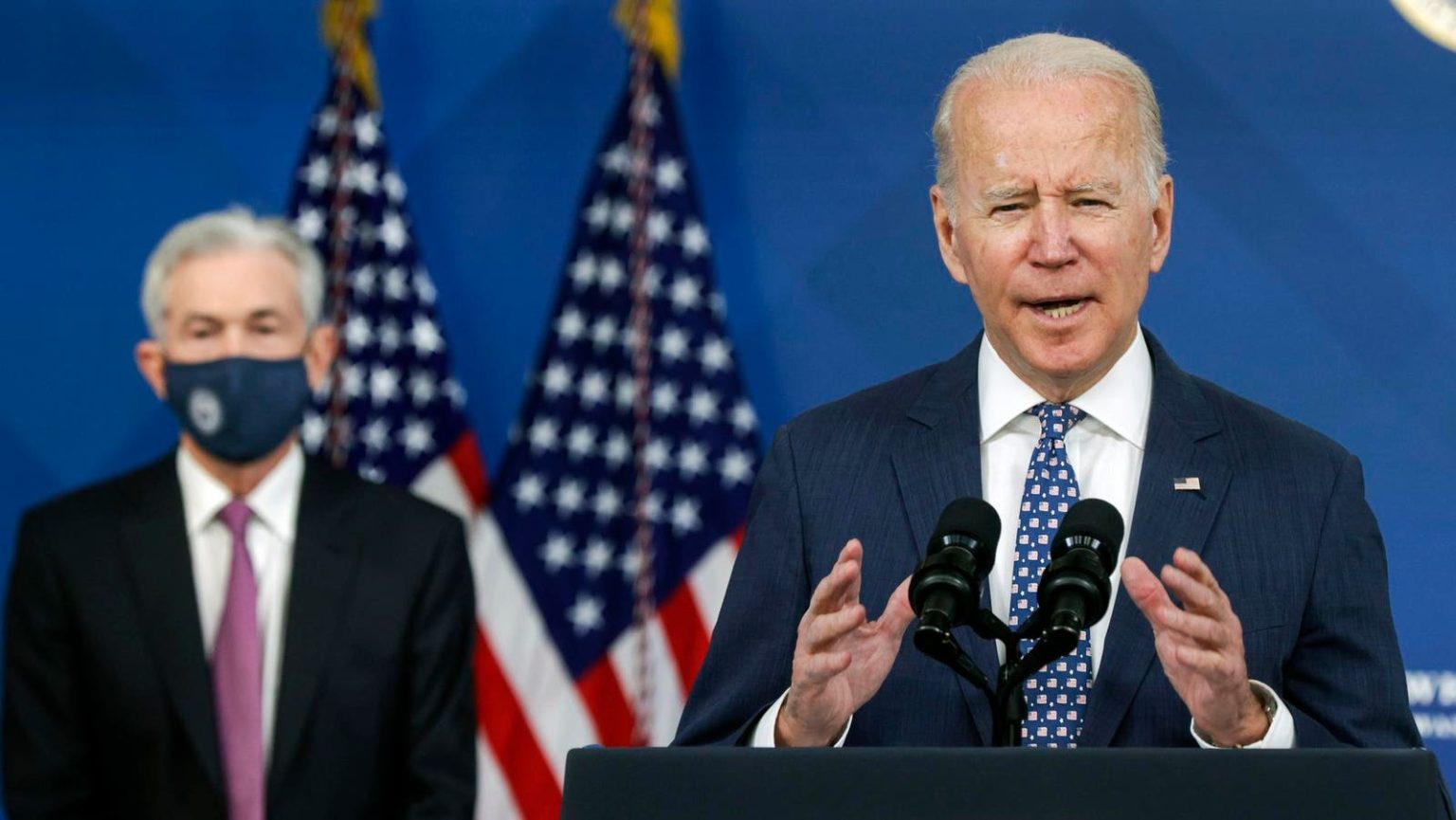Consumer sentiment in the United States has reached its lowest level of the year, dropping to 67.4 in May, according to the University of Michigan poll. This decline comes as Americans express concerns about inflation, unemployment, and interest rates, with worries that these factors may all be moving in an unfavorable direction in the year ahead. Inflation expectations for both the short and long term have also increased, indicating that consumers are uneasy about the pace of price increases. Despite these concerns, the economy remains far from a recession, with key economic indicators showing mixed results.
One of the main factors contributing to the decline in consumer sentiment is the recent spate of economic data that has been less than favorable. Inflation has been higher than expected for the past five months, job growth has been weaker than forecasted, and the Federal Reserve chose not to cut rates at its May 1 meeting, a decision that surprised many investors. These factors have all played a role in shaping consumers’ outlook on the economy and their own financial well-being.
Despite the drop in consumer sentiment, it is important to note that overall confidence is still higher than it was at certain points in the past. For example, sentiment is currently about 14% higher than it was last year and higher than it was during the period from January 2022 to July 2023, when the Federal Reserve hiked interest rates to over 5%. While Americans may be adjusting to a new economic climate characterized by higher rates and slower growth, they are still more confident than they were earlier in this tightening cycle.
President Joe Biden is facing challenges as Americans express their dissatisfaction with his handling of the economy. Confidence in Biden’s economic policies is at its weakest level since 2008, with concerns about inflation and other economic issues weighing heavily on voters’ minds. This could impact Biden’s chances in the upcoming election, as economic concerns are likely to be a key issue for voters. The global economy is also facing challenges related to inflation and supply chain disruptions, leading to increased prices for consumers.
Despite the downturn in consumer sentiment, investor sentiment remains strong, with the stock market reaching new record highs earlier this year. The S&P 500 index is about 35% higher than it was when Biden took office, defying expectations of extended losses during high interest rate environments. This discrepancy between consumer and investor sentiment highlights the complexity of the current economic landscape and the differing perspectives on the future outlook. The coming months will be critical in determining how these trends will play out and what impact they may have on the economy as a whole.


